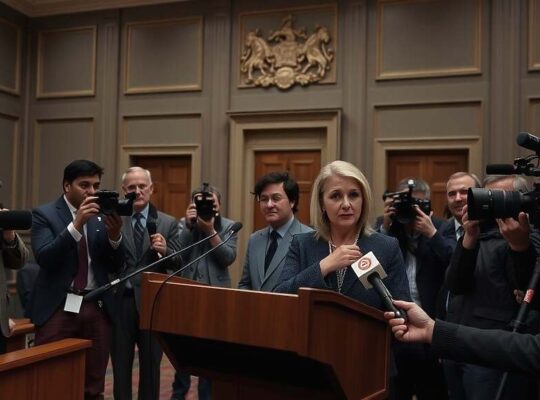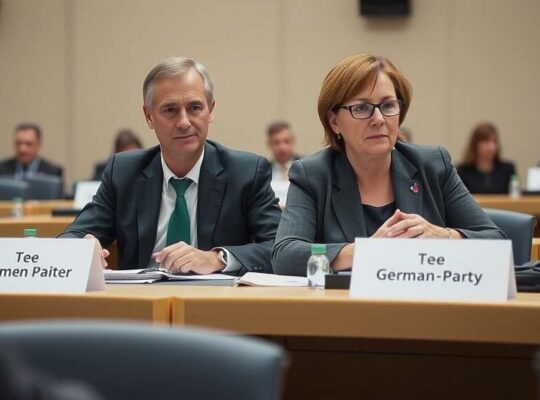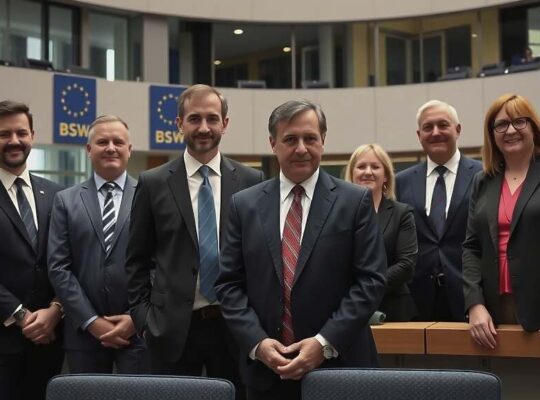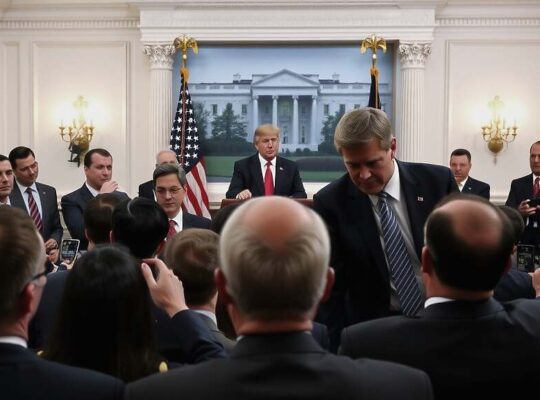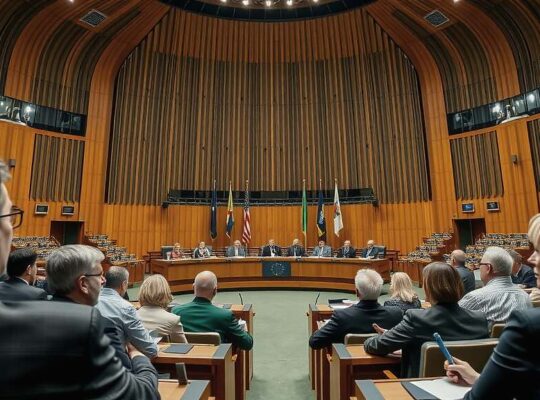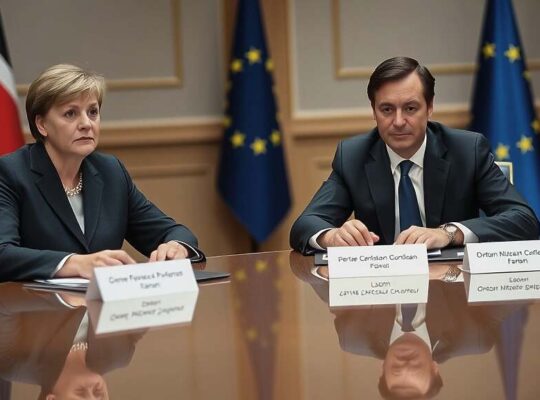The German government’s recent declaration against the controversial “chat control” measure is facing scrutiny, with opposition parties warning of potential backsliding and raising critical questions about the extent of its commitment to digital privacy. While a growing chorus of voices, including those within the ruling coalition, have expressed reservations about the proposal, concerns remain that the government may succumb to pressure from the European Commission and water down its stance.
Konstantin von Notz, deputy parliamentary group leader for the Green Party, acknowledged a cautiously optimistic trend in the growing dissent towards the “chat control” but cautioned against premature celebration. “So far, these are purely rhetorical announcements” he stated, highlighting the significant apprehension surrounding the proposed system. He emphasized that the potential influence of Health Minister Jens Spahn, a known advocate for stricter measures, remains a crucial factor.
Petra Vogtschmidt, the Left Party’s digital policy spokesperson, echoed von Notz’s skepticism. “The government’s explanations offer no reliable protection of the confidentiality of digital communication” she argued. Her primary concern centers on the ambiguous definition of “random” or “suspicion-independent” surveillance, questioning how the government intends to implement such a system without broad and potentially intrusive data collection.
Vogtschmidt pointed to the government’s history of stretching the bounds of “anlassbezogenheit” – adherence to a specific cause or incident – as demonstrated in the past NSA investigation committee. The justification of counter-terrorism efforts previously used to justify expanded surveillance powers raises anxieties about similar expansions in scope under the “chat control” framework. Notably, the government has yet to explicitly rule out the scanning of encrypted content on end-user devices, a key and deeply concerning element.
The EU Commission has been pushing for these measures for years, advocating for automated searches of chat messages on user devices – even before encryption – with the stated purpose of identifying and preventing the distribution of child sexual abuse material. While the German government has publicly rejected the notion of indiscriminate monitoring, the possibility of a modified EU regulation being approved in December introduces a degree of uncertainty that opposition parties intend to aggressively monitor. The debate underscores a fundamental tension: balancing legitimate security concerns with the protection of fundamental rights in the digital age and the potential for governmental overreach.



